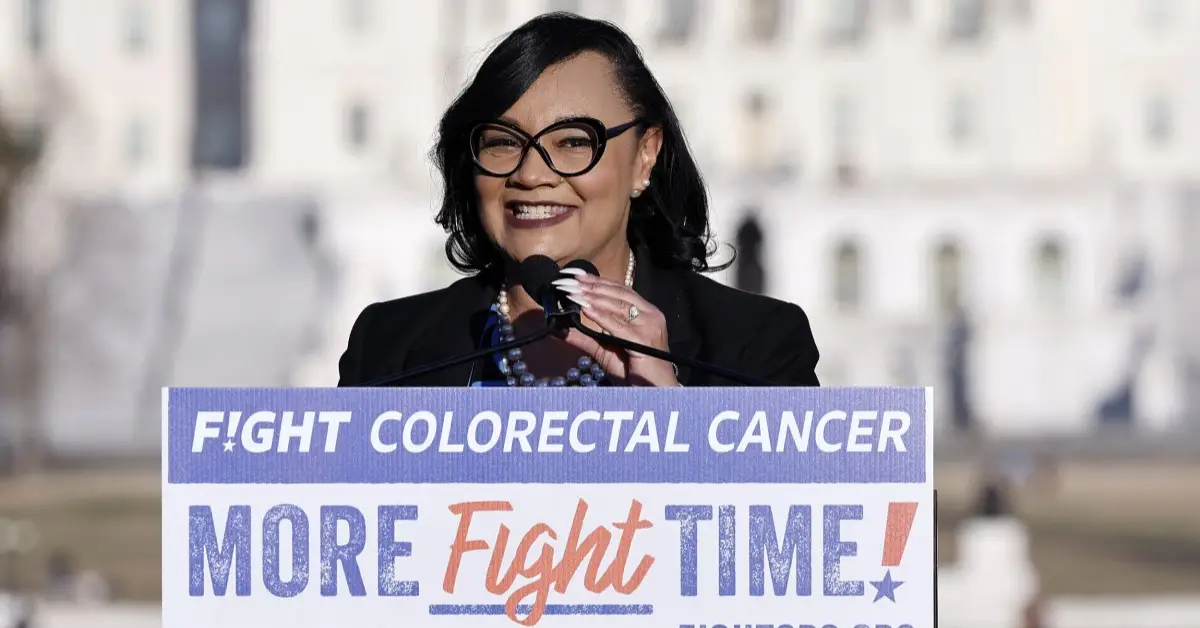A new bill, if passed, could have a significant impact on 700,000 seniors who rely on Medicare for their healthcare needs. This legislation aims to change the way Medicare penalties are applied, and it could potentially lead to a reduction in the financial burden for many older adults across the country.
Medicare, the federal health insurance program primarily for individuals aged 65 and older, has long been a lifeline for seniors, offering coverage for a range of healthcare services. However, one aspect of Medicare that has been a point of concern for many seniors is the penalties associated with delayed enrollment in parts of the program, particularly Part B, which covers outpatient care, and Part D, which covers prescription drugs.
Under the current rules, seniors who do not enroll in these parts of Medicare when they are first eligible may face late enrollment penalties. These penalties are applied to monthly premiums and can be substantial, increasing the amount seniors must pay for their healthcare coverage. The late enrollment penalties are intended to encourage timely sign-ups and to ensure that individuals who use Medicare contribute to the program’s funding.
However, many seniors face challenges when it comes to navigating the complexities of Medicare enrollment. Some may not fully understand the penalties or the consequences of missing their enrollment window. Others may experience health problems or life events that cause them to delay their enrollment. In many cases, seniors may find themselves dealing with these penalties later in life when their financial resources are already stretched thin.
The new bill, which has garnered attention from both lawmakers and senior advocacy groups, seeks to address these concerns. If passed, the bill would make changes to the way penalties are applied, potentially easing the financial strain on many seniors. While the specifics of the bill are still being debated, there are several key provisions that could help reduce or eliminate penalties for some individuals.
One of the primary features of the bill is a proposal to eliminate penalties for seniors who are unable to enroll in Medicare on time due to circumstances beyond their control. For example, if a senior misses their enrollment period because they were unaware of the requirement or due to a medical condition that made it difficult to complete the necessary paperwork, the new bill would waive the penalty. This provision is particularly important for seniors who may not have access to the information or support they need to navigate the enrollment process.
Another aspect of the bill focuses on providing greater flexibility for seniors who experience significant life events, such as the loss of a spouse or a serious illness, that might prevent them from enrolling in Medicare during their initial eligibility period. Under the new rules, seniors facing these challenges could be granted more time to enroll in Medicare without being penalized for missing the deadline. This change would give seniors more breathing room and reduce the financial stress that often comes with delayed enrollment.
In addition to addressing penalties, the bill also proposes to simplify the Medicare enrollment process itself. Many seniors struggle with the complex paperwork and administrative hurdles involved in enrolling in the program. By streamlining the process, the bill could make it easier for seniors to understand their options and get the coverage they need. This could help reduce the number of individuals who miss their enrollment window due to confusion or bureaucratic obstacles.
The potential changes to Medicare penalties have been met with a largely positive response from senior advocacy groups. These organizations argue that the current system unfairly penalizes seniors who are already facing significant health and financial challenges. Many groups believe that by eliminating penalties in certain circumstances and offering greater flexibility for those who need it, the bill would help improve access to healthcare for a vulnerable population.
At the same time, the bill has faced some opposition from lawmakers and individuals who argue that reducing or eliminating penalties could undermine the sustainability of the Medicare program. Critics contend that penalties are an important tool for encouraging timely enrollment and ensuring that people who use the program contribute to its funding. They fear that loosening these penalties could lead to higher costs for taxpayers and potentially jeopardize the long-term stability of Medicare.
Despite the ongoing debate, the bill represents a significant step forward in addressing some of the concerns that many seniors face when it comes to Medicare. If passed, the changes to penalties could provide much-needed relief for seniors who have found themselves burdened by late enrollment penalties through no fault of their own. It could also help simplify the enrollment process, making it easier for individuals to understand their options and take advantage of the healthcare coverage available to them.
In conclusion, the proposed changes to Medicare penalties could have a far-reaching impact on the lives of millions of seniors across the United States. By offering more flexibility and eliminating penalties in certain cases, the bill could help reduce the financial burden on seniors and ensure that they have access to the healthcare they need.
As the legislation continues to make its way through Congress, it will be important to watch how the debate unfolds and whether the bill can make its way to the president’s desk for approval. For now, many seniors are hopeful that these changes will provide them with the relief they have long needed.




